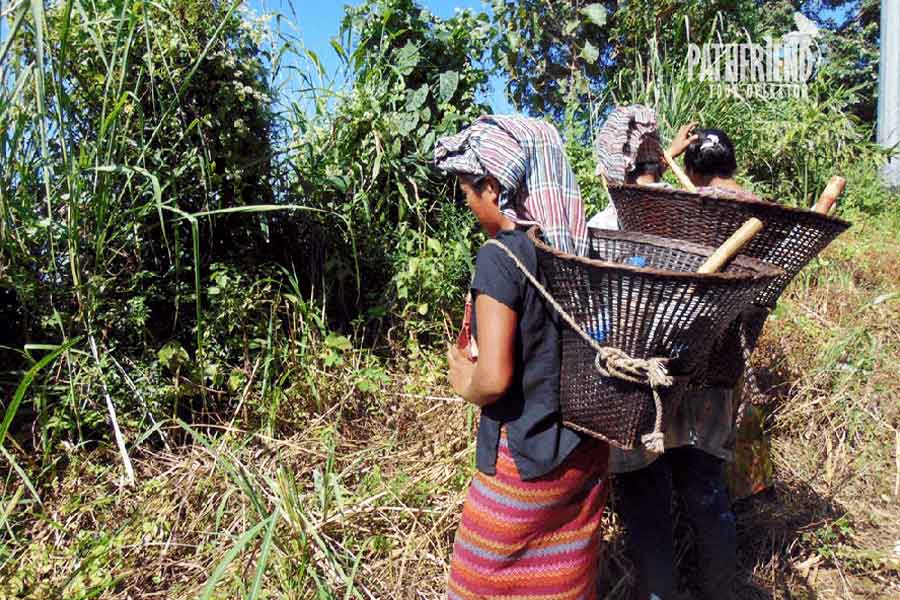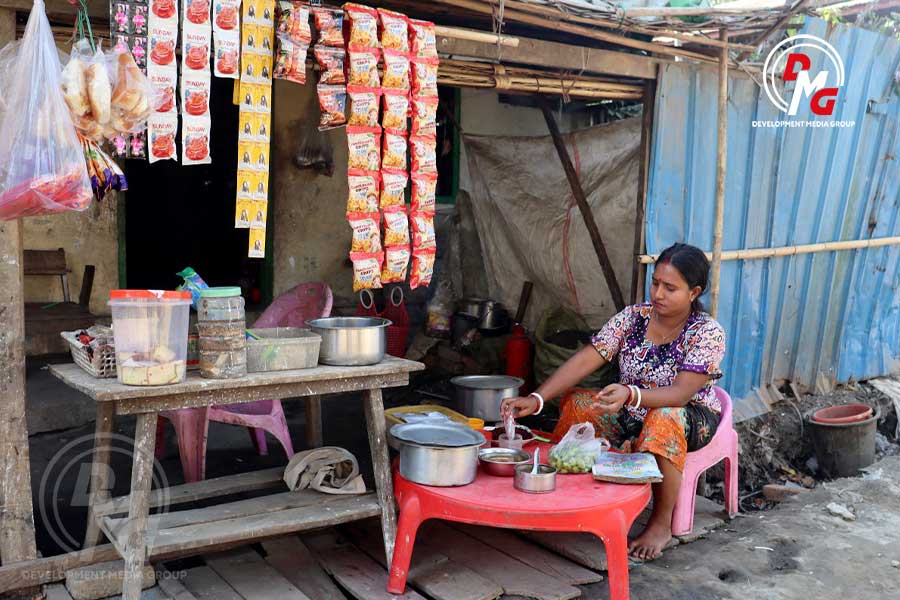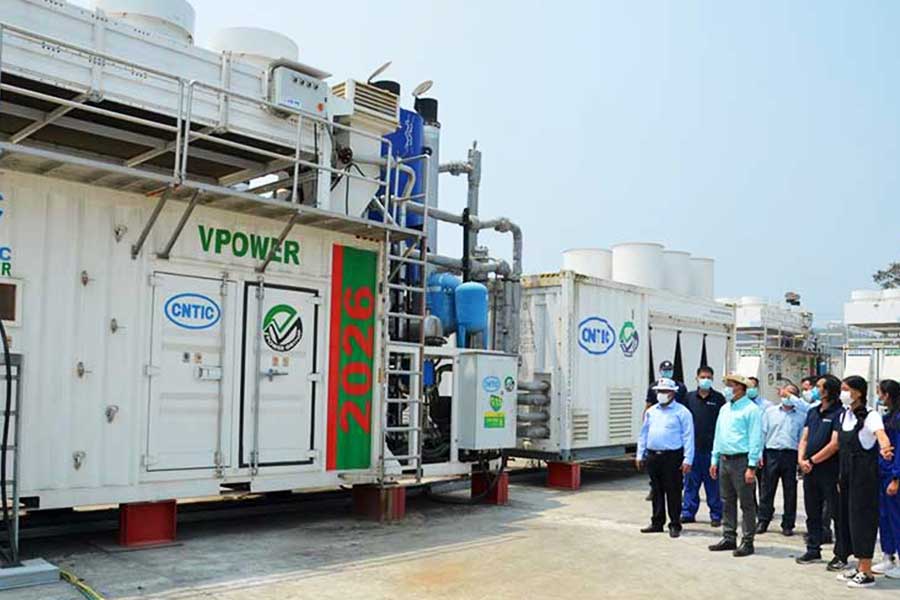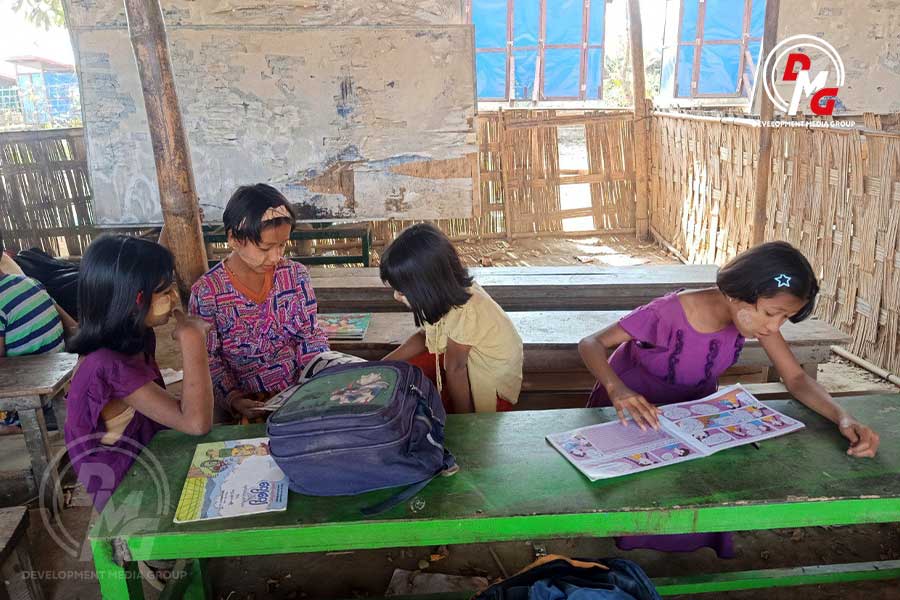- Fierce fighting breaks out near junta’s No. 344 Artillery Regiment in Yekyi Twsp
- Indigenous communities in Chittagong Hill Tracts struggle amid ARSA threats
- Weekly Highlights from Arakan (Feb 16 to 22, 2026)
- Hindus struggle with livelihood hardships amid job shortages in Arakan State
- Equipment from Chinese-owned VPower plant in Kyaukphyu to be fully relocated amid growing conflict
COVID-19 puts nuns in ‘tight corner’ as donations dry up
Nuns in Sittwe are feeling the effects of the COVID-19 pandemic in their alms bowls, with donations dipping in recent months as economic uncertainty and fear of viral transmission keep doors shut and pocketbooks in pockets.
17 Jun 2020

Myo Thiri Kyaw | DMG
17 June, Sittwe
Nuns in Sittwe are feeling the effects of the COVID-19 pandemic in their alms bowls, with donations dipping in recent months as economic uncertainty and fear of viral transmission keep doors shut and pocketbooks in pockets.
“The people’s economic status is coupled with our situation. Nuns have to eat less than they used to and are in a tight corner,” Sayana Theingi, a nun from the Kyaryoke nunnery in the Arakan State capital, told DMG.
Before the coronavirus, well-wishers would stand in front of their homes to place donated rice and other offerings in alms bowls as nuns made the rounds, known as pindacāra. But this practice no longer exists, and some households have gone so far as to hang signboards with messages such as, “No entry is allowed except relatives.”
Nuns are doing their best to belt-tighten as donations have dried up, but the drop off has been precipitous. In the past, a nun collected about K15,000 (US$10.34) per day, a figure that has fallen to around one-fifth of that.
Nun Nandasaryi said the longer the shortfall in donations lasts, the harder it will be to cope with.
“I’d like to call on the government to make donations for the nunneries,” she added.
Sittwe has three nunneries, which house around 300 nuns in total.
As of June 17, there have been eight confirmed cases of COVID-19 in Arakan State — four in Maungdaw, two in Buthidaung and one each in Thandwe and Taungup townships, according to figures released by the Ministry of Health and Sports.

















.jpg)